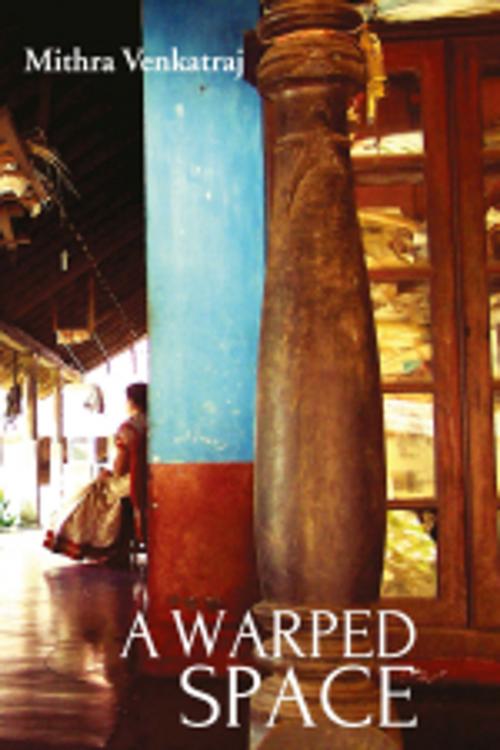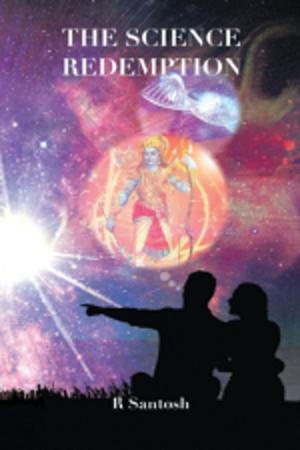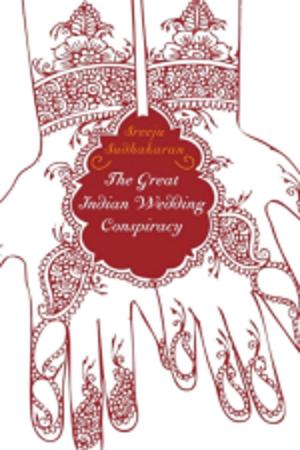A Warped Space -- A Novel
Fiction & Literature, Drama, Religious & Liturgical, Nonfiction, Entertainment, Romance| Author: | Mithra Venkatraj | ISBN: | 9789352012312 |
| Publisher: | Leadstart Publishing Pvt Ltd | Publication: | February 14, 2014 |
| Imprint: | Frog Books | Language: | English |
| Author: | Mithra Venkatraj |
| ISBN: | 9789352012312 |
| Publisher: | Leadstart Publishing Pvt Ltd |
| Publication: | February 14, 2014 |
| Imprint: | Frog Books |
| Language: | English |
The novel traces the lives, customs and social mores of people, rich and poor, over a time spanning almost a hundred years.Madhava, a feudal strong man, is ruthless, wilful and whimsical as he rules over the House of Kemmadi and its vast estate. Space around him seems to warp like his mind, and the three women, Laxmi, Para and Kamali struggle to live in this space, but not without their happy moments of domestic life and abiding bonds they make.Seetharama is coerced, cajoled and bullied by his older brother, Madhava, into abject submission while his happy marriage to Kamali totters.Ananthayya, Madhava's uncle and trusted man, is jovial and helpful, takes his life as it comes with no undue concern for scruples and morals. This story is as much of the people as of the changing times they live in, and becomes very much so as Madhava stands up for feudalism in its dying days, while the forces unleashed by communist ideology are closing in on him and what he represents.
The novel traces the lives, customs and social mores of people, rich and poor, over a time spanning almost a hundred years.Madhava, a feudal strong man, is ruthless, wilful and whimsical as he rules over the House of Kemmadi and its vast estate. Space around him seems to warp like his mind, and the three women, Laxmi, Para and Kamali struggle to live in this space, but not without their happy moments of domestic life and abiding bonds they make.Seetharama is coerced, cajoled and bullied by his older brother, Madhava, into abject submission while his happy marriage to Kamali totters.Ananthayya, Madhava's uncle and trusted man, is jovial and helpful, takes his life as it comes with no undue concern for scruples and morals. This story is as much of the people as of the changing times they live in, and becomes very much so as Madhava stands up for feudalism in its dying days, while the forces unleashed by communist ideology are closing in on him and what he represents.















